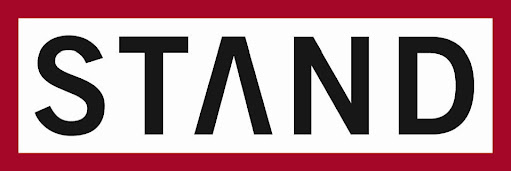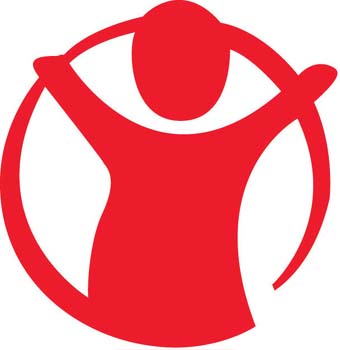Here are some of my ideas to make that conversation easy:
I want do help, what does Stand do?
What do I mean "making it easy"? Genocide is a massive issue that most people find overwhelming. Most people care about genocide and want to do something but they don’t know how to do so effectively. We create simple and effective ways for people to take action against genocide.
What kinds of "simple and effective" things do you actually do?
How do these tools you create actually have an impact?
 But what happens when Darfur ends up on the top of the stack of issues? What does Canada actually do?
But what happens when Darfur ends up on the top of the stack of issues? What does Canada actually do?

 The Canadian government has the international power and influence to lead the fight against genocide. It has proven that when it makes an issue like Land Mines its top foreign policy priority, the country can change the world for millions of people.
The Canadian government has the international power and influence to lead the fight against genocide. It has proven that when it makes an issue like Land Mines its top foreign policy priority, the country can change the world for millions of people.The Ottawa Process led by Canada was an impressive undertaking: in than one short year in the late 1990s over 100 countries has signed a treaty that banned landmines outright, led my small and medium-sized countries, outside the UN system, unimpeded by Superpower resistance (See http://www.icbl.org/tools/faq/treaty/significant). As of 2007, at least 38 nations have stopped production, and global trade has almost halted completely.
If this is up to the government, what do I have to do with it?
Help us tell the government: we want to live in a world free of genocide.
Why should I support Stand and not a humanitarian organization?
First, you multiply your dollars for humanitarian aid. You could raise $100,000 for a single program in Darfur or directly advocate for $1,000,000 our (government) dollars sent to the right programs impacting Darfur.
Second, we can reduce the need for humanitarian aid by preventing genocide.
.jpg)















